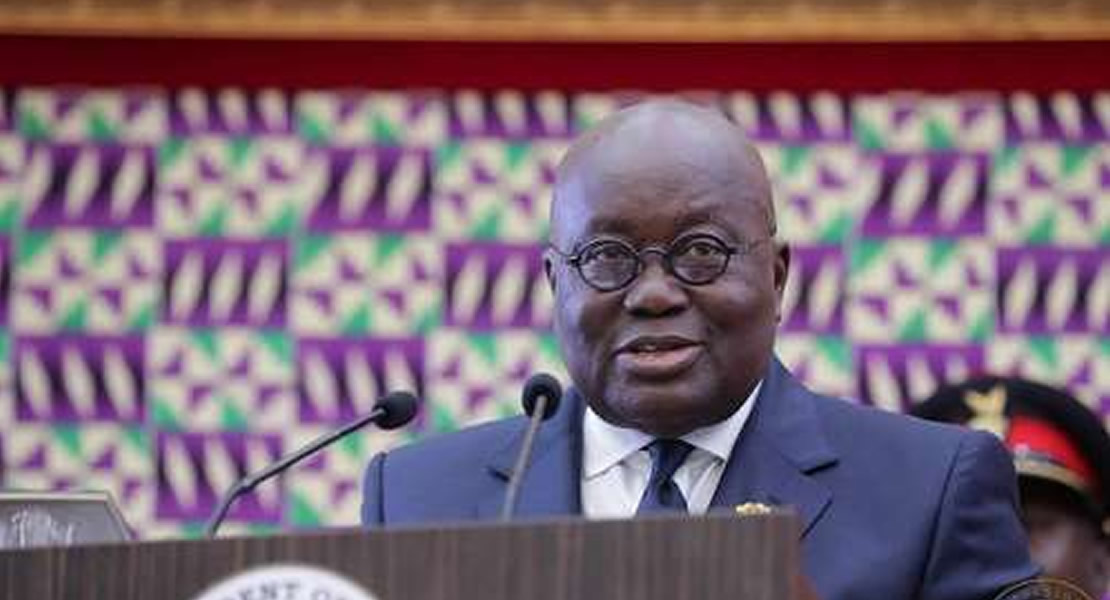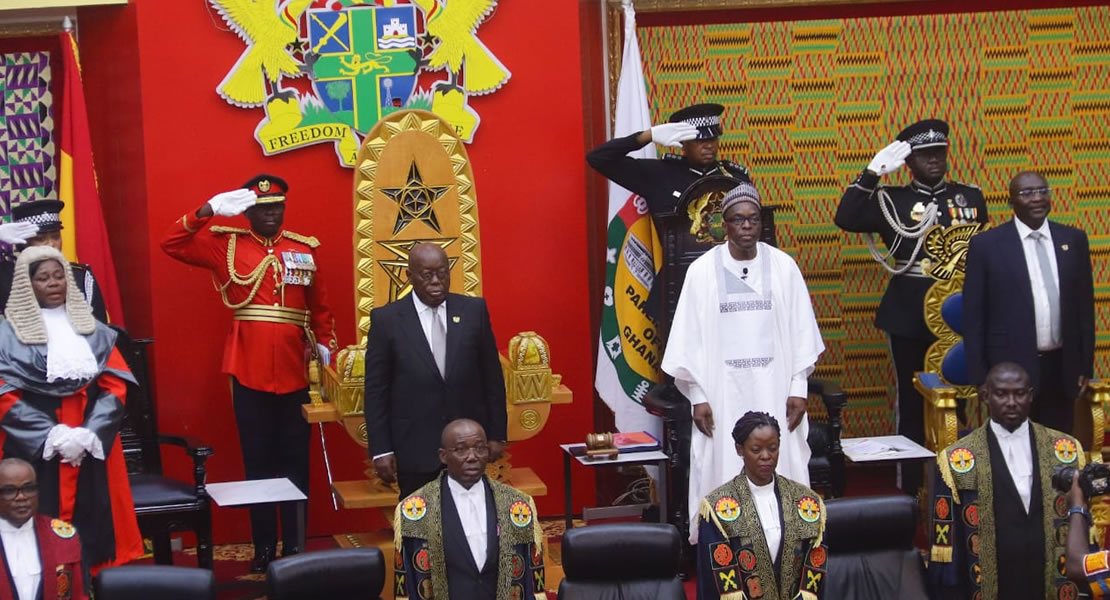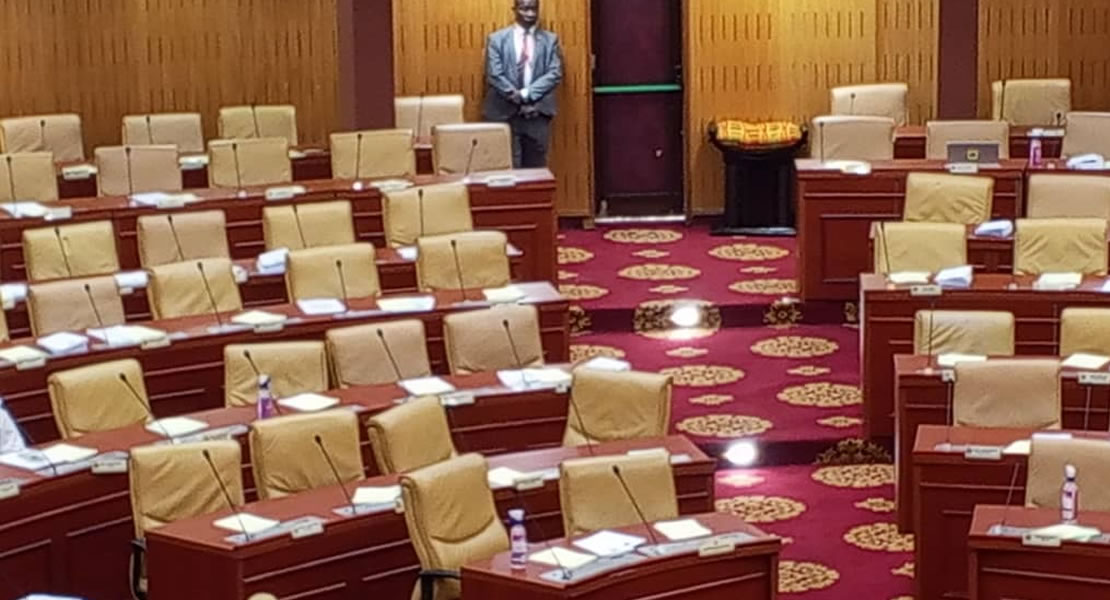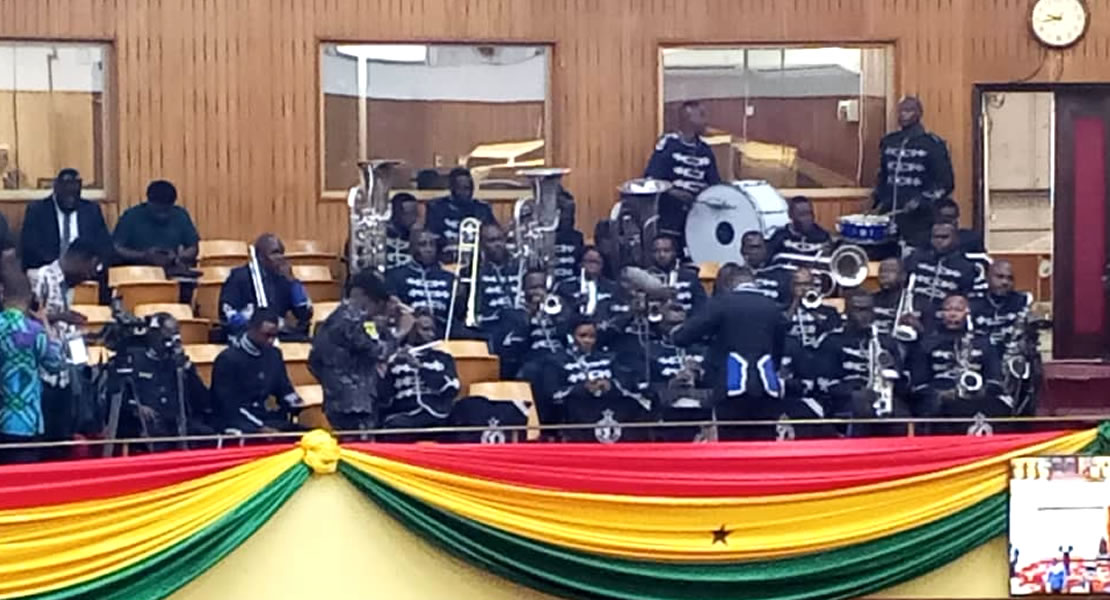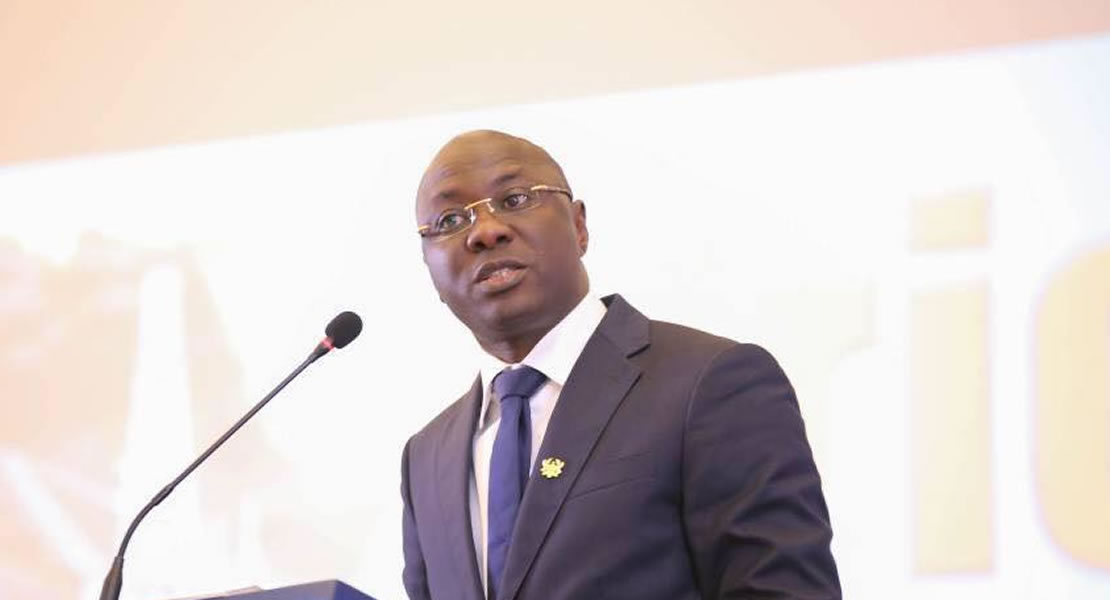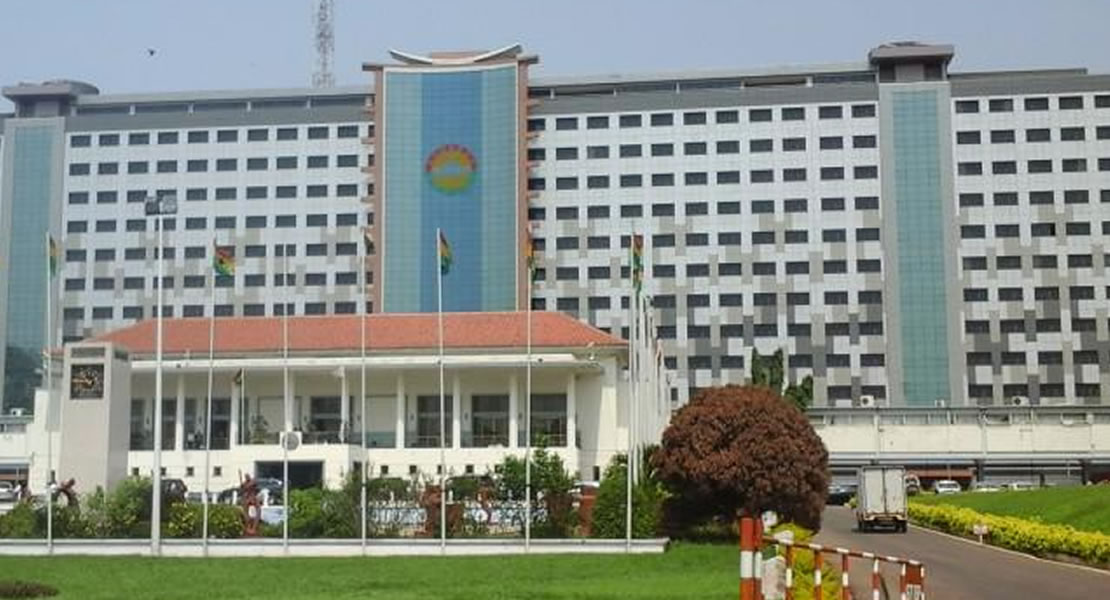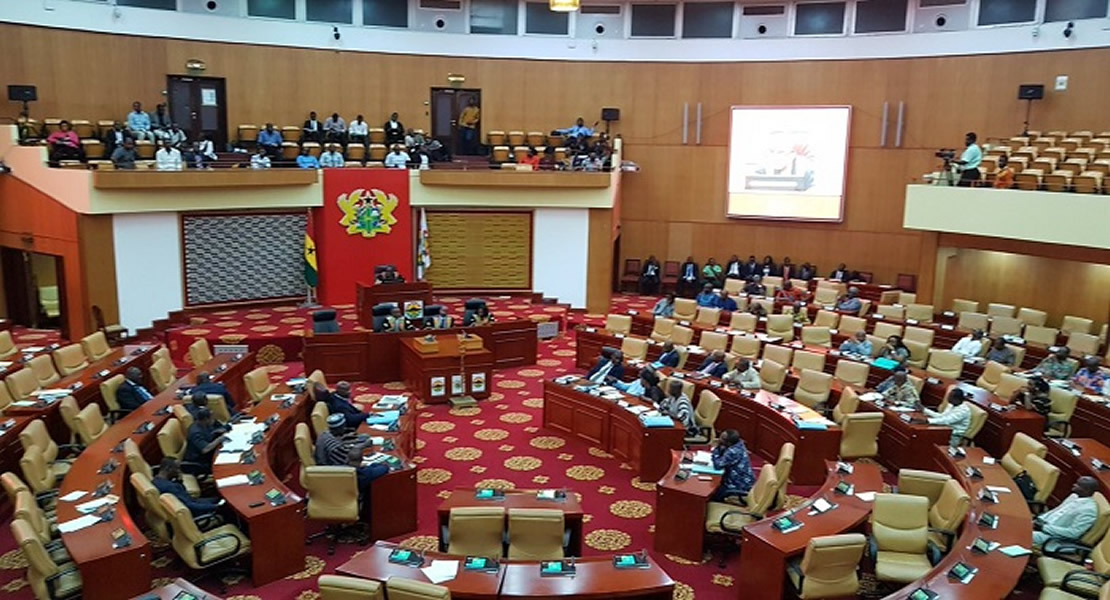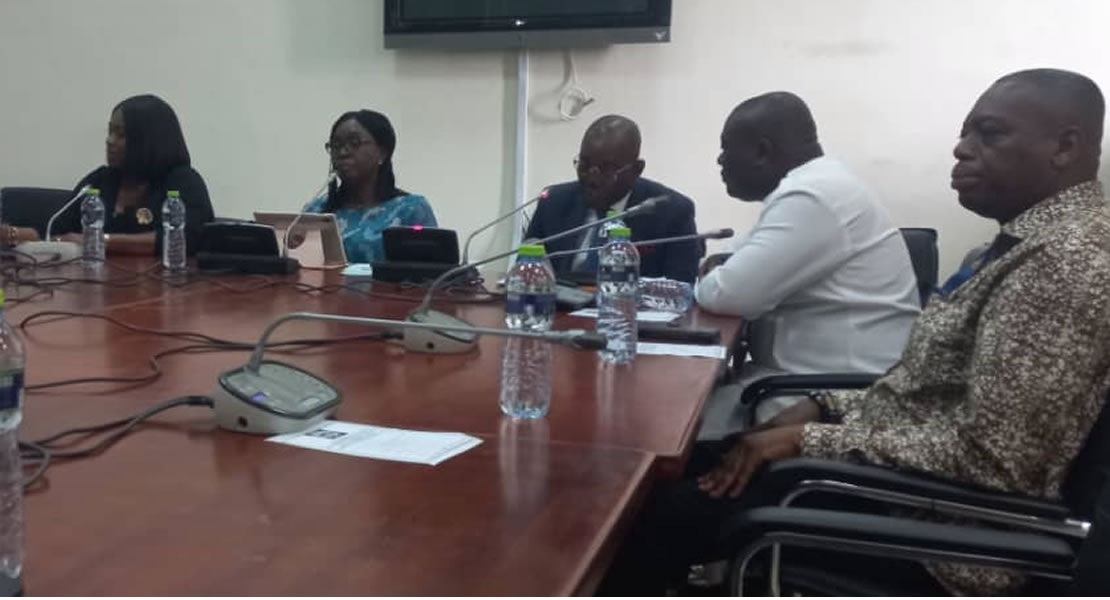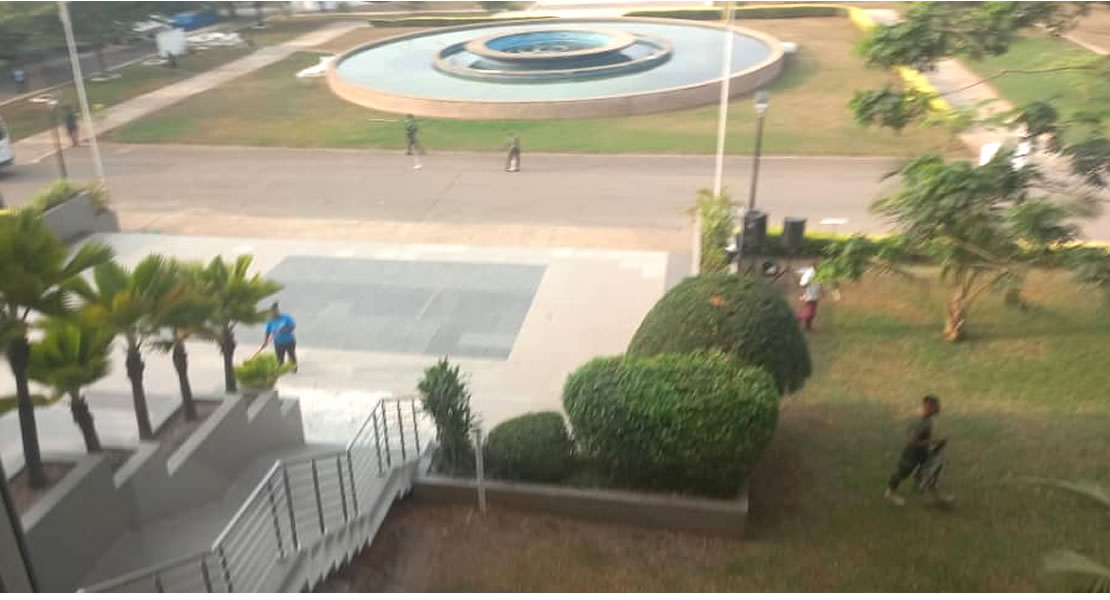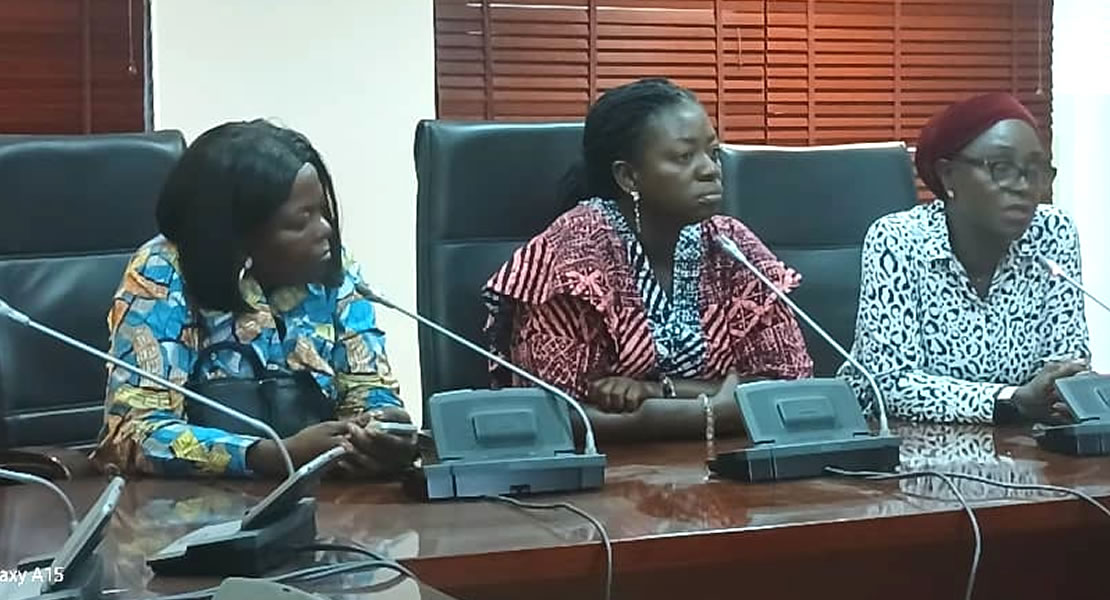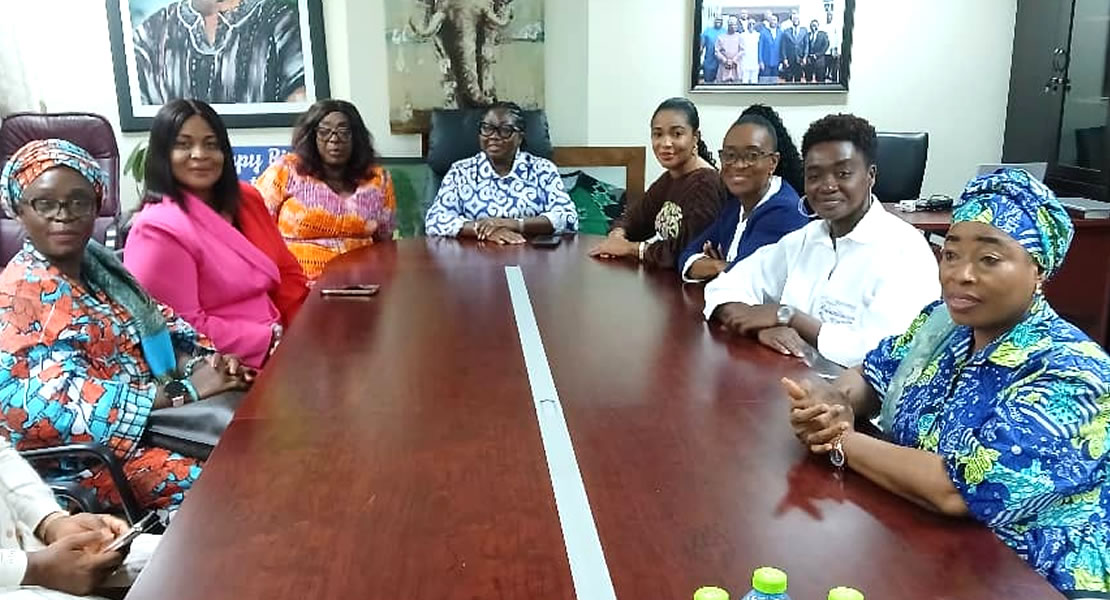President Akufo-Addo in his last State of the Nation Address in Parliament of Friday, January 3, 2025 has asserted that the economy he has presided over and handing to the president-elect John Mahama is not broke.
“Mr Speaker, the country is not broke, as some propagandists want us to believe. We are handing over the country with Gross International reserves of almost eight billion United States dollars ($8 billion. This is more than the six-point-two-billion United States dollars ($6.2 billion) of Gross International Reserves my administration inherited in 2017.
Economic growth has also returned to the pre-COVID trajectory, with an impressive growth rate, rising from four-point-eight-percent (4.8%) in the first quarter of 2024; seven percent (7%) in the second quarter and seven-point-two percent (7.2%) in the third quarter.
It is projected that this year’s growth rate will be six-point-three-percent (6.3%), significantly higher than the three-point-four percent (3.4%) my administration inherited in 2017.”
According to him, the growth of the economy is further reflected in the growth of private sector credit which in nominal terms grew by twenty-eight point eight seven percent (28.87%) in October 2024, compared to the negative seven-point five percent (-7.5%) growth recorded in the same comparative period of 2023. In real terms, growth in credit to the private sector improved to five-point five percent (5.5%) compared to a contraction of thirty-one-point six percent (31.6%) recorded in October 2023.
It is further reinforced by improved external balances, with the current account balance improving significantly to a surplus of two-point six percent (2.6%) of GDP in the first nine months of the year, compared to a deficit of six-point six percent (6.6%) of GDP in 2016.
The trade balance, he noted has also improved, and stands at a surplus of three point eight five billion US dollars ($3.85 billion), compared with a deficit of one point eight billion US dollars ($1.8 billion) in 2016. Headline inflation, which stood at twenty-three percent (23%) in November, is still very high, but this is coming down from fifty-four percent (54%) recorded in December 2022 following the effects of COVID-19 and other global economic pressures. Encouragingly, food prices have also begun to decline, bringing some relief to households and contributing to a reduction in the overall cost of living.
Government has implemented significant measures to address the hardships that accompanied the economic difficulties including increased budgetary allocations towards the School Feeding Programme, Capitation Grant, National Health Insurance Scheme, and the Livelihood Empowerment Against Poverty programme.
“The stock of public and publicly guaranteed debt increased during the economic difficulties. However, the government is servicing its debts, honouring coupon payments for both domestic bonds and Eurobonds. Moreover, the debt levels are reducing, recording a significant reduction in the debt stock by forty-six point eight billion Ghana cedis (GH₵46.8 billion) to seven hundred sixty-one point zero one billion Ghana cedis (GH₵761.01 billion) in October 2024 from eight hundred seven point seven nine billion Ghana cedis (GH₵807.79 billion) in September 2024. The public debt-to-GDP ratio, therefore, reduced from seventy-nine-point two percent (79.2%) in September 2024 to seventy-four-point six percent (74.6%) in October 2024. This is expected to reduce further to fifty-five percent (55%) of GDP in net present value terms, a level that restores Ghana’s debt sustainability. It is hoped that the new government will continue with the policies being implemented to achieve this debt sustainability target”, he added.
Ghanamps.com
